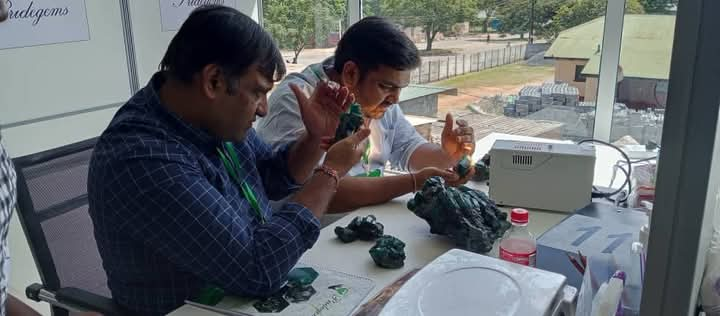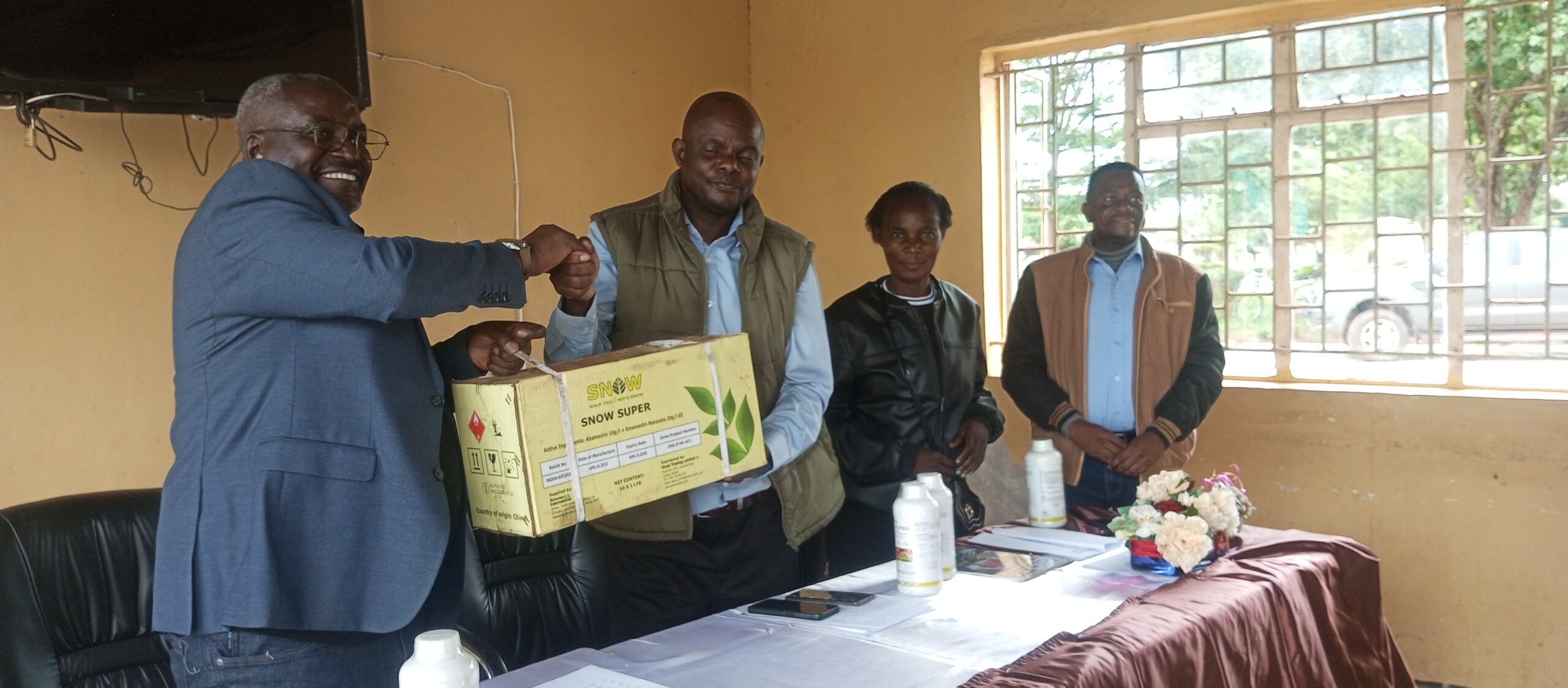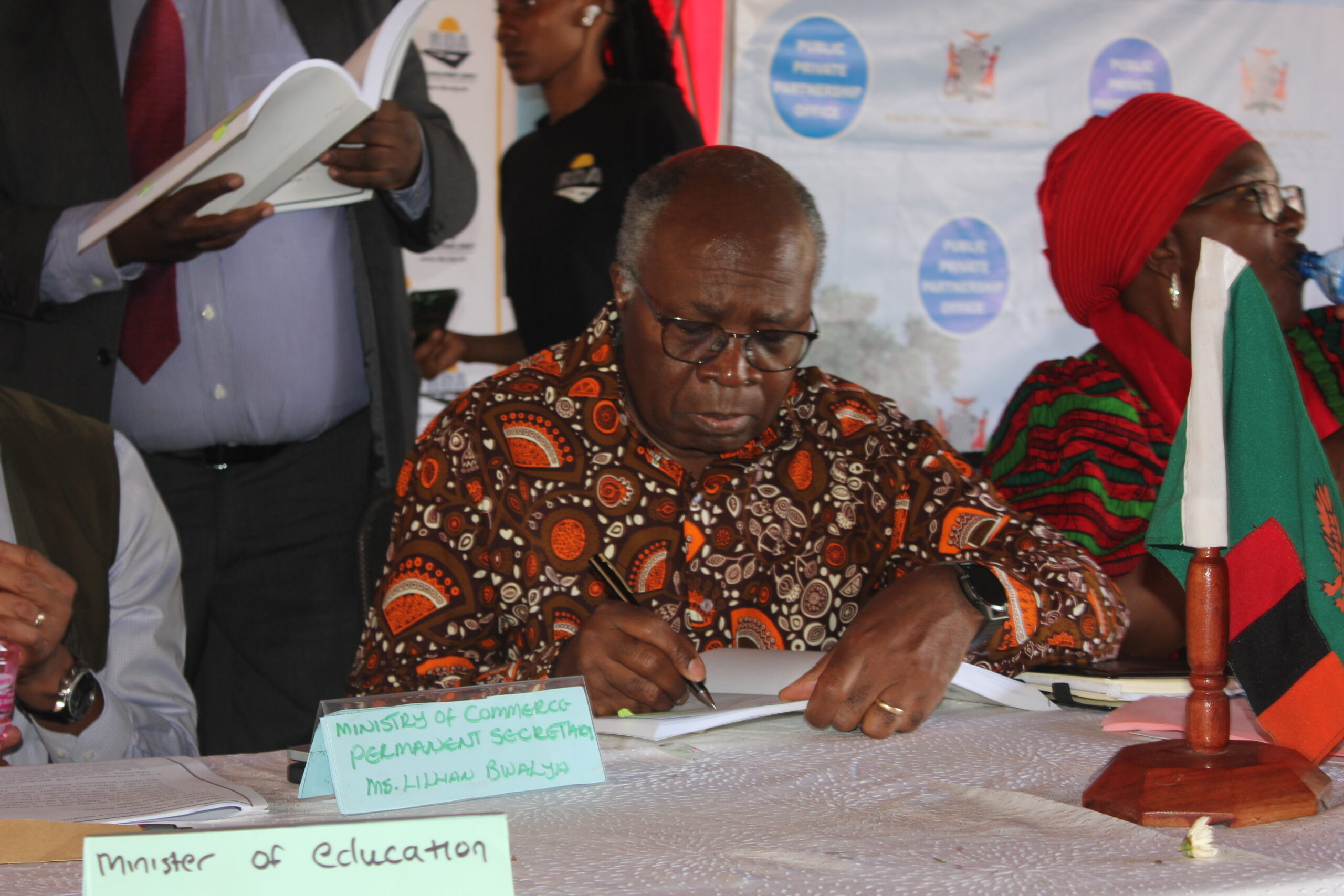(Reuters) – Survivors of a flood that swept away the centre of a Libyan city picked through the ruins on Thursday in search of loved ones from among thousands of dead and missing, while authorities feared an outbreak of disease from rotting bodies.
A torrent unleashed by a powerful storm burst dams on Sunday night and hurtled down a seasonal riverbed that bisects the city, washing multi-storey buildings into the sea with sleeping families inside. Thousands of people are confirmed dead and thousands more missing, with the mayor saying the toll could reach 20,000.
Usama Al Husadi, a 52-year-old driver, had been searching for his wife and five children since the disaster.
“I went by foot searching for them…I went to all hospitals and schools but no luck,” he told Reuters, weeping with his head in his hands.
Husadi, who had been working the night of the storm, dialled his wife’s phone number once again. It was switched off.
“We lost at least 50 members from my father’s family, between missing and dead,” he said.
Brick factory worker Wali Eddin Mohamed Adam, 24, living on the outskirts, had awakened to the boom of the water on the night of the storm and rushed to the city centre to find it was gone. He had lost around 15 family members and nine friends.
“All were swept away by the valley into the sea,” he said. “May God have mercy upon them them and grant them heaven.”
Confirmed death tolls given by officials so far have varied, but all are in the thousands, with thousands more on lists of the missing. Derna Mayor Abdulmenam al-Ghaithi told Saudi-owned Al Arabiya television the number of deaths in the city could reach 18,000 to 20,000, based on the extent of the damage.
“We actually need teams specialised in recovering bodies,” he told Reuters in Derna. “I fear that the city will be infected with an epidemic due to the large number of bodies under the rubble and in the water.”
RESCUE TEAMS
Rescue teams have arrived from Egypt, Tunisia, the United Arab Emirates, Turkey, and Qatar, al-Ghaithi said. Turkey is sending a ship carrying equipment to set up two field hospitals.
The beach was littered with clothes, toys, furniture, shoes and other possessions swept out of homes by the torrent.
Streets were covered in deep mud and strewn with uprooted trees and hundreds of wrecked cars, many flipped on their sides or their roofs. One car was wedged on the second-floor balcony of a gutted building.
“I survived with my wife but I lost my sister,” said Mohamed Mohsen Bujmila, a 41-year-old engineer. “My sister lives downtown where most of the destruction happened. We found the bodies of her husband and son and buried them.”
He also found the bodies of two strangers in his apartment.
As he spoke an Egyptian search-and-rescue team nearby recovered the body of his neighbour.
“This is Aunt Khadija, may God grant her heaven,” Bujmila said.
The devastation is clear from high points above Derna, where the densely populated city centre was now a wide, flat crescent of earth with stretches of muddy water gleaming in the sun.
Rescue operations are complicated by political fractures in the country of 7 million people that has been at war on-and-off with no strong central government since a NATO-backed uprising that toppled Muammar Gaddafi in 2011.
An internationally recognised Government of National Unity (GNU) is based in Tripoli, in the west, while a parallel administration operates in the east, including Derna.








